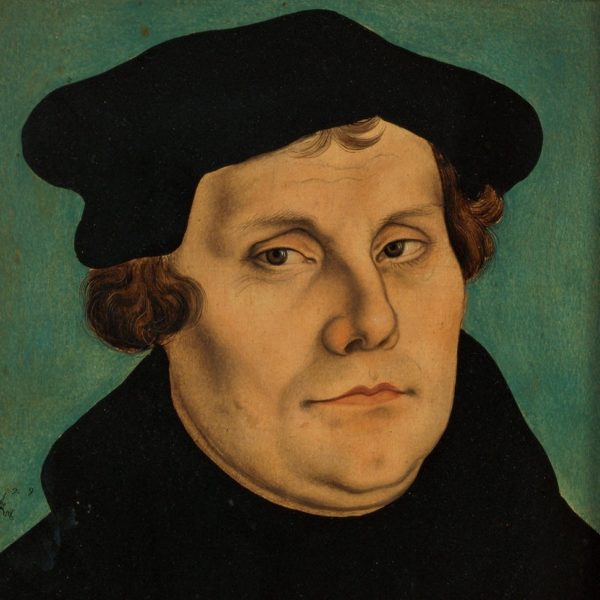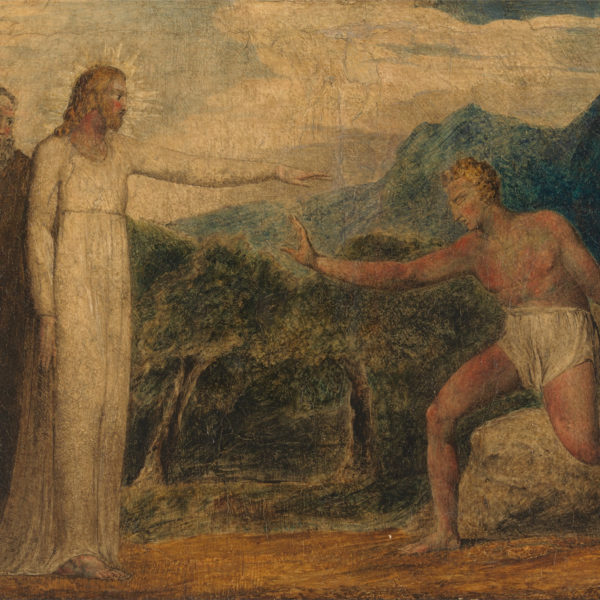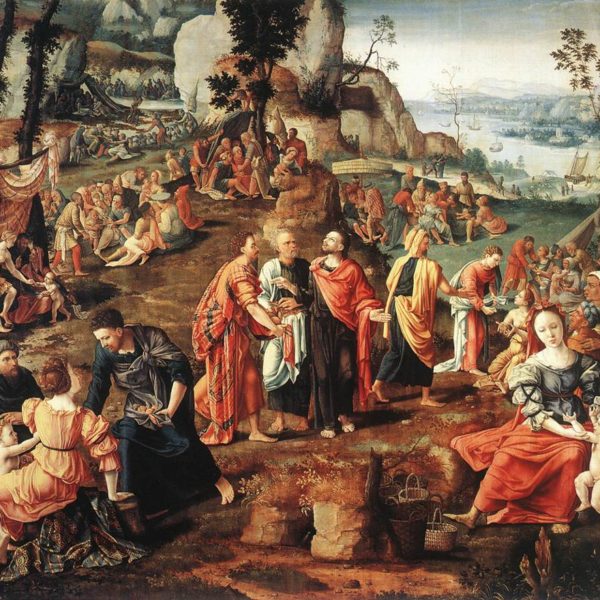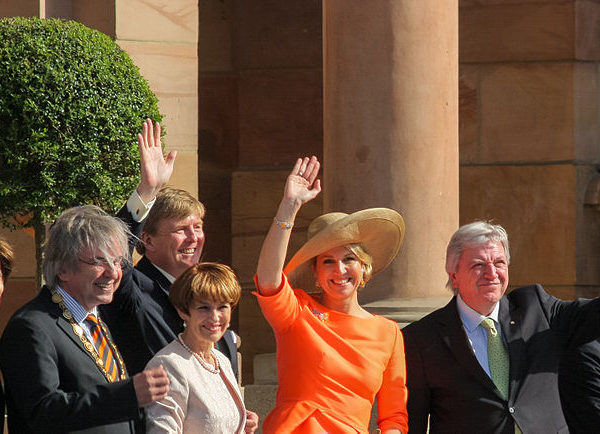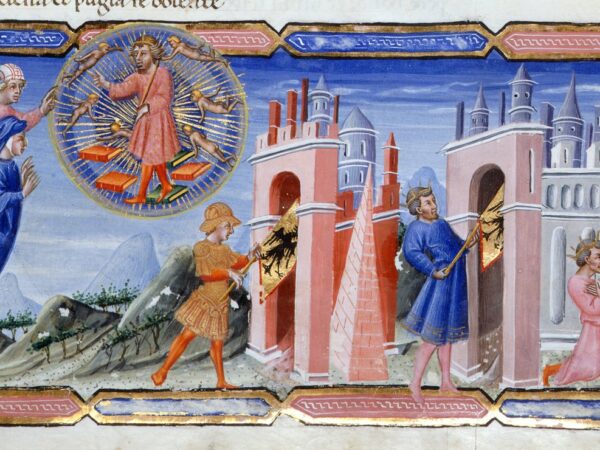
Some narratives about secularization and modernization processes which include pre-modern history still tend to postulate a trajectory of an early emergence of secularity in Europe, particularly in the form of a separation of church and state beginning during the European Middle Ages. But more recent findings suggest that medieval Christian Europe remained quite comparable to other cultural constellations: Rather than a secular sphere, political dynamics produced demands for the de-politicization of religion, or at most, situations and social spaces of ‘neutrality.’
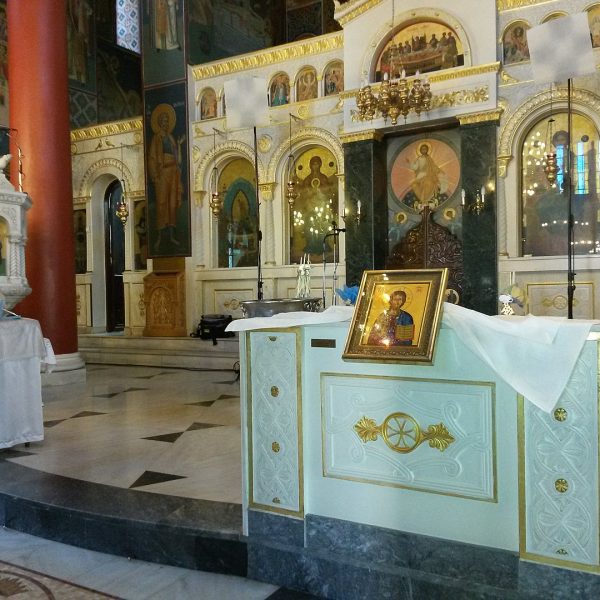
These restrictions must take into careful consideration the historicity of each religious tradition, the social influence of religious beliefs among its citizens, but also theological and exegetical specificities that influence the tradition’s adaptability to the current emergency. Without such thoughtful considerations and a close collaboration with trusted religious authorities, religious communities could be alienated, which can be disruptive in times that require rather unity of thought and action.
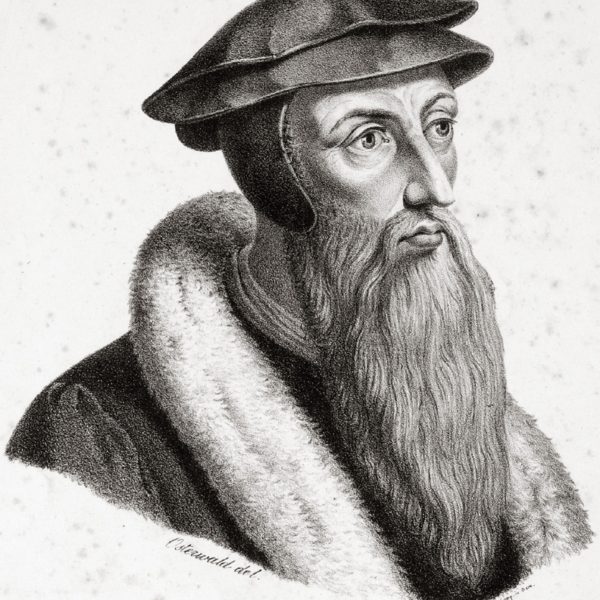
One of the great paradoxes of John Calvin’s political theology can be captured in terms of two of the phrases the reformer used over and over throughout his writings. On the one hand, he emphasized, “the kingdom of Christ is spiritual.” On the other hand, through the kingdom of Christ God is bringing about the “restoration of the world.”
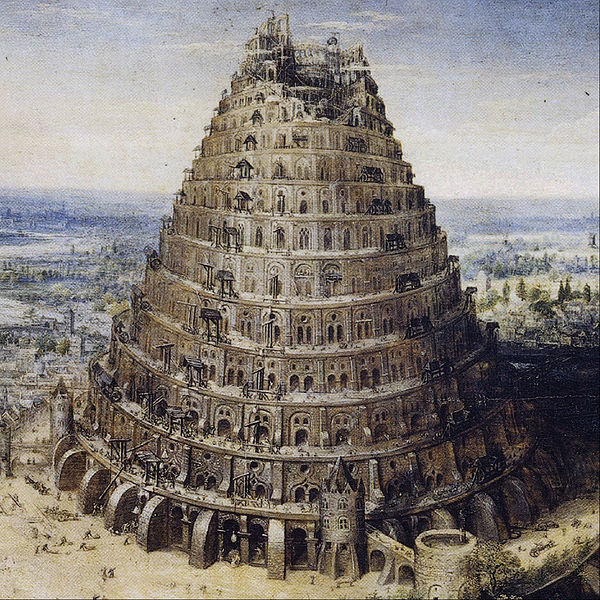
As the people of Pentecost, our political vocation is to manifest the reality of God’s worldwide kingdom, to be a place where the enmity between peoples is overcome and the many tongues of humanity freely unite in the worship of their Creator. Amidst the Babelic projects of the ages, the Church proclaims by its existence that the kingdom belongs to God, that there is no other true ruler over all the nations.

For me the field of political theology does not exist in isolation from a number of other disciplinary genres. There are some older texts which helped mark out the territory and possess a kind of classical importance. That claim needs to be seen in perspective. I am writing out of Australia and, prior to living here, taught theology in Aotearoa-New Zealand following postgraduate study at Cambridge.

In light of the two kingdoms doctrine and the separation of church and state, understanding the appropriate form of Christian prayer for and engagement with the political realities of our societies can be complex. In Jeremiah’s message to an exiled people, we find a pattern for prayer in a pluralistic context, a calling that identifies our primary task to be one of seeking the common good and welfare of our communities, rather than one of submission or conversion.

To begin with, if there has never been a clearly identifiable religion of the state – as in Europe – or if China was not established in reaction to such religions – as with the USA – then what does that mean for the traditional and defining terminological opposition of religion and state? The way in which the narrative of political theory has been bequeathed to us in the West moves from inseparable connection to radical rupture. Or, it may trace a constant conflict between temporal popes and European emperors, only to lead to the humiliation of the pope’s temporal claims. Or, it may argue that all theories of the state are really secularised theologies (Schmitt). Yet all of this presupposes a strong contest between two powerful entities, which move back and forth between identity and difference. In a situation where there has never been such a struggle between two powerful entities, let alone a sustained and close alignment of religion and the state, the relation itself cannot be thought in these terms.
